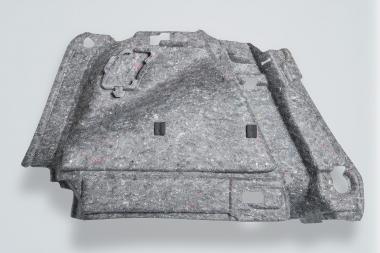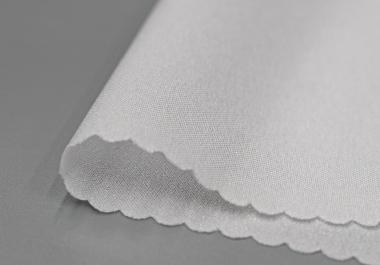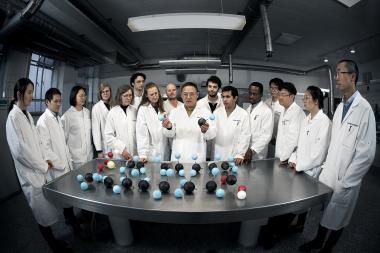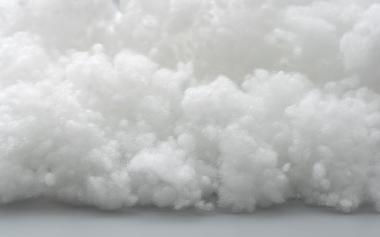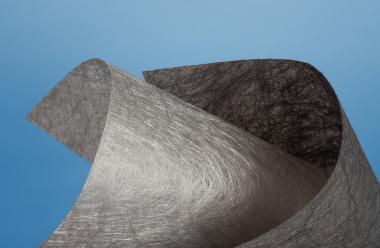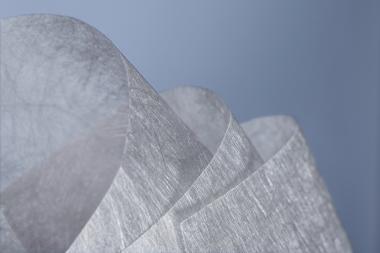Autoneum: Fully recyclable trunk side trim
With the fully recyclable 100% polyester trunk side trim, Autoneum is putting the rear of the vehicle at the center of its efforts for a more circular economy in the automotive industry. The latest addition to Autoneum’s growing portfolio of sustainable monomaterial products made entirely from polyester is based on the existing Pure technology Propylat PET. The component demonstrates an excellent environmental performance in terms of recycled content, waste-free manufacturing and end-of-life recyclability.
New regulations such as the revised End-of-Life Vehicles Directive in Europe are accelerating the automotive industry’s transition from a linear to a circular economy. In this context, the recyclability of vehicles at the end of their service life is becoming increasingly important. This in turn raises the demand for automotive components that have an excellent environmental performance across the product life cycle and at the same time meet the highest standards of material quality and technical performance. Autoneum’s new 100% polyester trunk side trim helps customers achieve their ambitious sustainability targets while offering optimum durability, design flexibility and aesthetics.
As with Autoneum’s environmentally friendly monomaterial carpet systems, the new 100% polyester trunk side trim is fully recyclable. Production cut-offs can be reclaimed, processed and reused, ensuring a closed material loop. Thanks to Autoneum’s high-value recycling concept, the recycled fibers can also be granulated and spun into new fibers, which reduces the need for virgin raw materials and thus conserves natural resources. The carrier material is based on the lightweight Autoneum Pure technology Propylat PET and contains at least 50% recycled fibers. Like all variants of Propylat, the technology features a high proportion of recycled material and can be produced waste-free thanks to its complete vertical integration. In addition, Propylat PET consists of 100% PET and is therefore fully recyclable. The new monomaterial trunk side trim made exclusively from polyester is also available under the Autoneum Blue sustainability label. Blue products feature at least 30% recycled PET that was collected from coastal areas, thus making an important contribution to preventing plastic pollution in the oceans.
Autoneum’s sustainable concept for 100% polyester trunk components is not limited to side trim but can also be applied to tailgate and other trunk trim. Thanks to their unique material composition, the Propylatbased trunk trim parts are lightweight and sound-absorbing, thus contributing to the attenuation of tire and rear e-motor noise. In addition, their geometry can be tailored to individual customer needs while the textile surface improves the overall aesthetic of the parts and at the same time offers a high resistance to scratches. Autoneum’s eco-friendly 100% polyester trunk trim is available in Europe, North America and China.
Autoneum Holding AG


